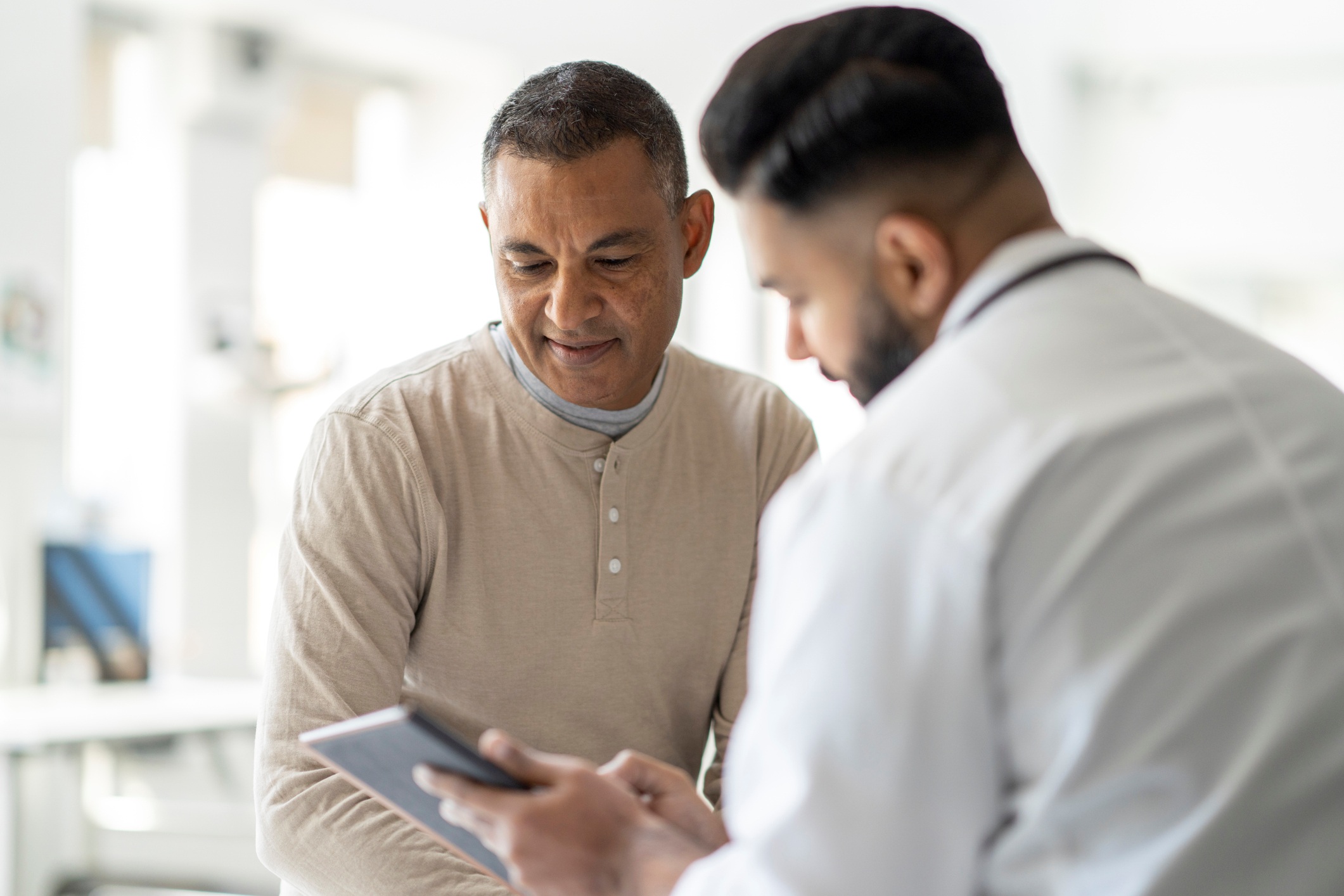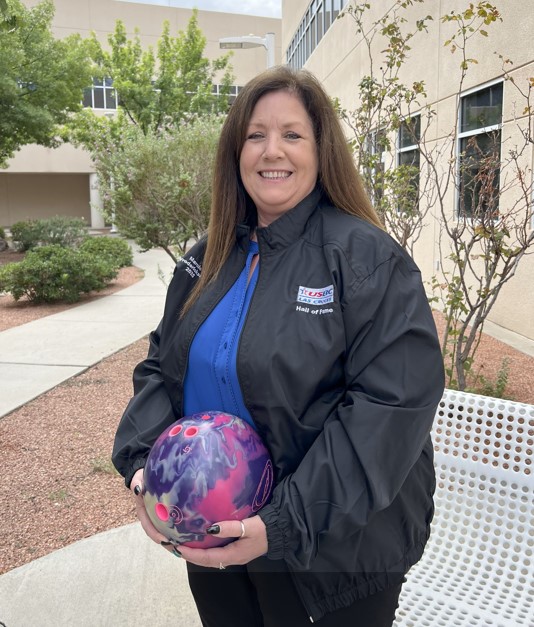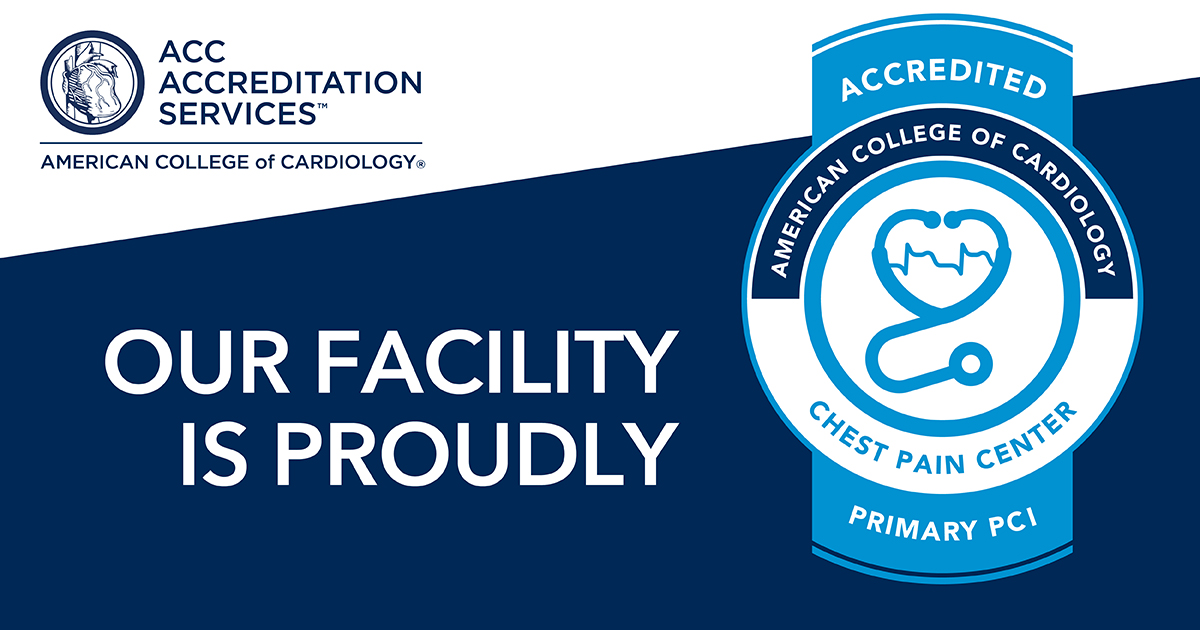Hospital News
-

Saeed Shojaee Named MMC Laboratorian of the Year
February 11, 2026Please join us in congratulating Saeed Shojaee on being selected as this year’s Memorial Medical Center Laboratorian of the Year. The recognition comes as no surprise to those who work alongside him every day. Known for his dedication, positive attitude, and willingness to step in wherever needed, Saeed embodies what it means to be a true team player.
Learn more -

Calcium scoring: What a 15-minute test can tell you about your heart health
February 02, 2026As many of us know, numbers can tell us plenty about our heart health and where it’s headed – from blood pressure to cholesterol to blood sugar. For some people, one key painless and non-invasive test is a cardiac calcium scoring CT.
Learn more -

Healthy Habits to Start in 2026 for Better Overall Health
January 19, 2026The beginning of a new year offers a natural opportunity to reassess your health and build habits that help you feel better and stay healthier over time. While big resolutions can feel overwhelming or short-lived, the most effective changes usually come from small, sustainable strategies that are easier to maintain. In Las…
Learn more -

MMC Milestone: Dr. Fontan Celebrates 1,000th Robotic-Assisted Surgery
January 16, 2026Congratulations to Fermin Fontan, MD, FACS, FASMBS, on reaching the milestone of 1,000 robotic-assisted surgical cases at Memorial Medical Center.
Learn more -
Memorial Minute: January 15, 2026
January 15, 2026News from the leadership team at Memorial Medical Center.
Learn more -

What Your Annual Blood Work Can Reveal About Your Health
December 22, 2025Your yearly blood work gives your provider information they can’t see during a physical exam, sometimes before you notice any symptoms at all. Blood work isn’t only for sick visits – routine lab work plays a key role in preventive care and long-term health. In Las Cruces, New Mexico, many…
Learn more -

Employee Spotlight: 'I Carry My Culture With Pride'
November 26, 2025At Memorial Medical Center, we are proud to celebrate the rich histories, living traditions, and enduring contributions of Native people during Native American Heritage Month. Today, we honor one of our own, Shannon Toledo, a valued member of our Health Information Management team whose journey, culture, and spirit bring warmth and meaning to our…
Learn more -
.jpg)
Is It a Cold, the Flu, or Something Else? How to Tell the Difference
November 25, 2025When your child starts coughing, sneezing, or running a fever, it can be hard to know what you’re dealing with. As the seasons change and kids head back to school or daycare, coughs and sniffles start making the rounds. Here in Las Cruces, NM, that often leaves parents asking: is it just a cold, or something more serious like the flu, RSV, or…
Learn more -

Employee Spotlight: ‘NICU Is What I Love To Do’
November 20, 2025For Lisa Hernandez, NICU nursing is a career calling very close to her heart.
Learn more -

Understanding and Preventing Diabetes
November 14, 2025The first step in preventing diabetes is knowing your risk. A simple blood sugar test can determine if you have diabetes or prediabetes.
Learn more -
Memorial Minute: October 27, 2025
October 27, 2025News from the leadership team at Memorial Medical Center.
Learn more -

Safely Manage Medications to Protect Your Personal and Community Health
October 22, 2025While medications can play a vital role in healing and managing health conditions, they can also pose serious risks when misused.
Learn more -

MMC Invites Community To Annual Public Board Meeting On November 13th
October 21, 2025This meeting will feature a short presentation on hospital updates as well as a Q&A and interactive session with attendees.
Learn more -
.jpg)
What Does Breast Cancer Look Like in Its Early Stages?
October 21, 2025Breast cancer is one of the most common cancers in women, and early detection can dramatically improve outcomes. But what does breast cancer actually look like in its earliest stages? It’s not always a visible lump – early signs can be subtle, and knowing what to watch for can make all the difference. Below are some common early signs and symptoms to be…
Learn more -

MMC Now Offering Genetic Testing For Hereditary Cancer At Women's Imaging Center
October 08, 2025To empower and inform patients who have a personal and/or family history of cancer, Memorial Medical Center is now offering a hereditary cancer risk assessment and genetic testing to qualifying individuals during their routine mammogram screening.
Learn more -

Why You Shouldn’t Skip Your Annual Physical: Screenings That Save Lives
September 26, 2025Many people put off their annual physical, if they feel fine, there’s no urgent need to visit the doctor. But skipping your yearly check-up can mean missing the early signs of serious conditions that are often treatable if caught early. At Memorial Medical Center, we believe prevention is just as important as treatment. Your annual physical is a chance to…
Learn more -

Employee Spotlight: Marcie Fredericksen Inducted Into Las Cruces Bowling Hall Of Fame
September 19, 2025MMC is proud to celebrate one of our own, Marcie Fredericksen, who was recently introduced as the newest member of the Las Cruces United States Bowling Congress (USBC) Hall of Fame 2025. Marcie has been an avid bowler for over the last 30 years, earning countless accomplishments along the way. She was named the 2019 Women’s Bowler of the Year and finished second in…
Learn more -

Memorial Medical Center Receives Chest Pain Center Reaccreditation
September 18, 2025Hospital continues to provide necessary care, resources to patients with heart attack symptoms
Learn more -
Memorial Minute: September 8, 2025
September 08, 2025News from the leadership team at Memorial Medical Center.
Learn more -

How to Protect Your Child from Fall Viruses like Flu, RSV, and COVID
September 03, 2025In warmer parts of the country like Las Cruces, NM, respiratory virus season can begin as early as September and stretch well into the winter. With kids back in school, viruses like flu, RSV, and COVID-19 start spreading quickly – especially among young children whose immune systems are still developing. As a parent, you can take steps now to help protect…
Learn more
